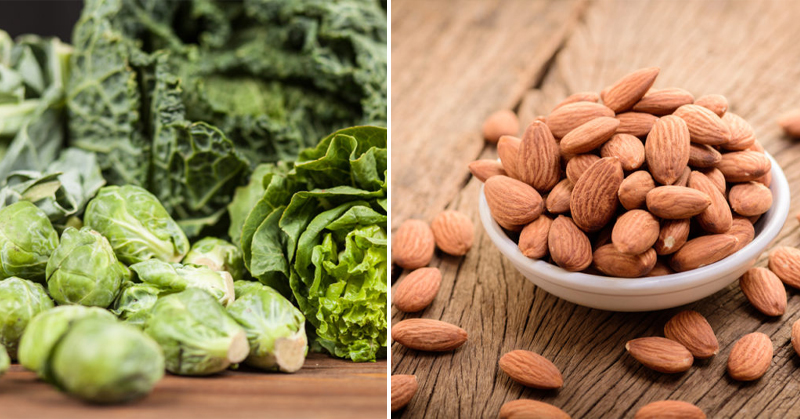Diet is a vital part of managing diabetes. Indeed, the foods you eat can either trigger inflammation and spikes in high blood pressure, or help stabilize blood sugar and improve blood pressure levels. Certain foods and supplements can help you manage diabetes naturally. So what foods are good for diabetics? Keep reading to learn about diabetic diet foods and supplements.
Diabetic Diet Plan
1. Foods To Balance Blood Sugar
First and foremost, treating diabetes naturally starts with diet. Diabetic diet foods include foods that are high in protein, fiber, and healthy fats to balance blood sugar levels. For example, focus on high-fiber foods such as green leafy vegetables, nuts and seeds, healthy fats like coconut oil and avocado, and lean protein. These are all ideal diabetic diet foods.
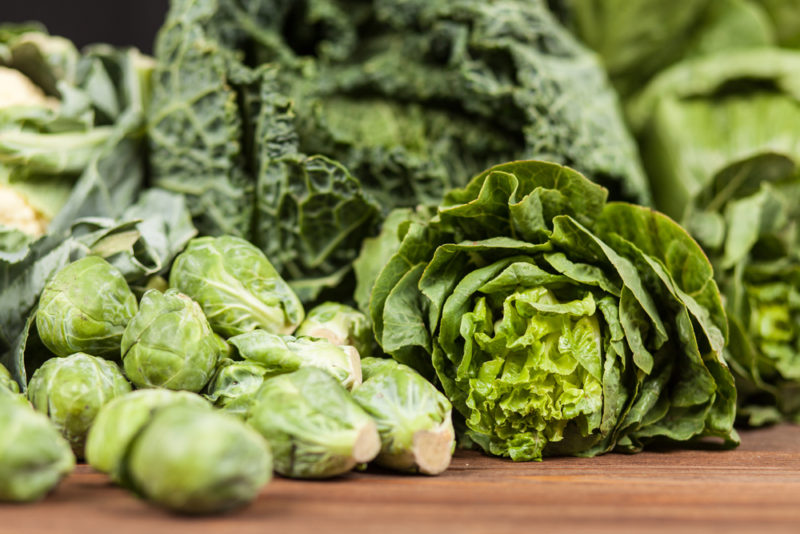
2. Chromium-Rich Foods
Foods rich in chromium in particular should be part of the diabetic menu. That’s because this vital nutrient plays an important role in the insulin-signaling pathways that help the body control the amount of sugar we take in. For a sampling, find chromium in whole grains, romaine lettuce, raw onions, broccoli, potatoes, green beans, raw tomatoes, and black pepper.
3. Magnesium-Rich Foods
Magnesium deficiency is common in American adults. Among other things, it can lead to cramping, insomnia, and diabetes. And adding magnesium-rich foods to your diet can help maintain blood sugar levels. Diabetic diet foods that contain magnesium include avocados, almonds, flax seeds, and chia seeds.
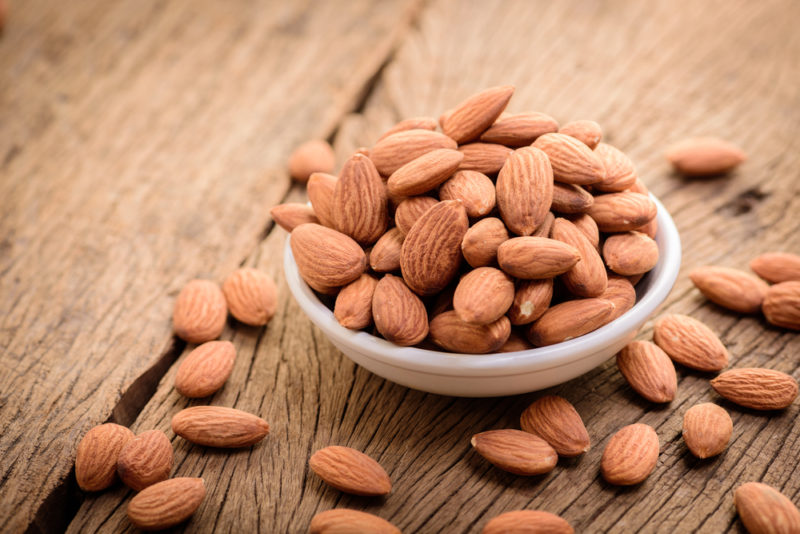
4. Limit Sugar
Processed sugar can wreak havoc on your body. Why? Well, for one thing, it rapidly spikes blood sugar levels, which can then cause a spike in blood pressure levels. Therefore, you should eliminate or reduce sugars in your diet that come from processed foods, soda, and processed fruit juice. If you want to sweeten up your coffee or tea, add a little bit of organic honey!
5. Avoid Grains
Do you love bread? Unfortunately, grains are high in carbohydrates, and foods made from grains–whether whole grains or white flour products–contain large amounts of carbohydrates, too. Within a few minutes of consumption, they are broken down into sugar. The gluten content of some grains may also cause problems. So consuming grains can lead to intestinal inflammation and spikes in blood sugar.
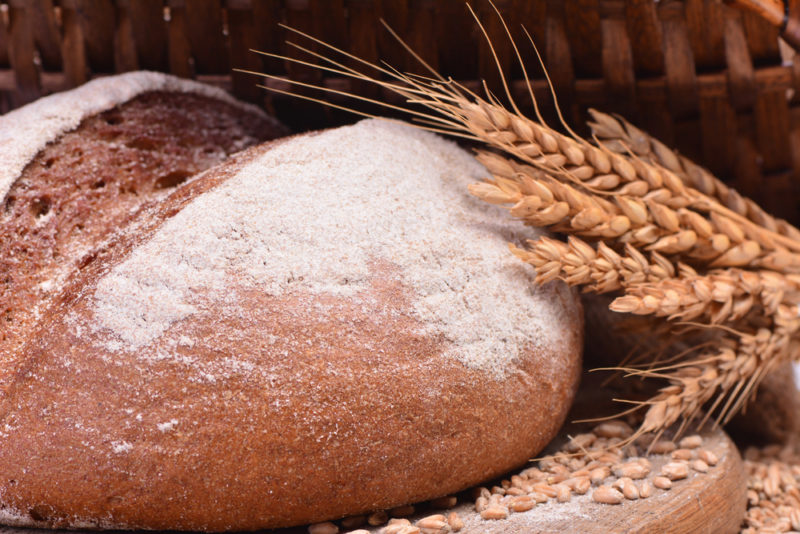
Diabetic Supplements
1. Essential Oils
Essential oils offer an elegant way to balance blood sugar levels. For example, both cinnamon and coriander essential oils can help keep blood sugar levels in check. And it’s easy! Mix a few drops of coriander essential oil and a few drops of cinnamon essential oil with one teaspoon of coconut oil. Rub the mixture on the bottoms of your feet to help maintain healthy blood glucose levels.
2. Cinnamon
Cinnamon is known to help lower blood sugar levels while improving sensitivity to the hormone insulin. This hormone plays a vital role in keeping blood sugar levels balanced. As a bonus, cinnamon is also known to help with blood pressure, and this is particularly important for the diabetic patient. Add 1-2 teaspoons of cinnamon to your meals each day.
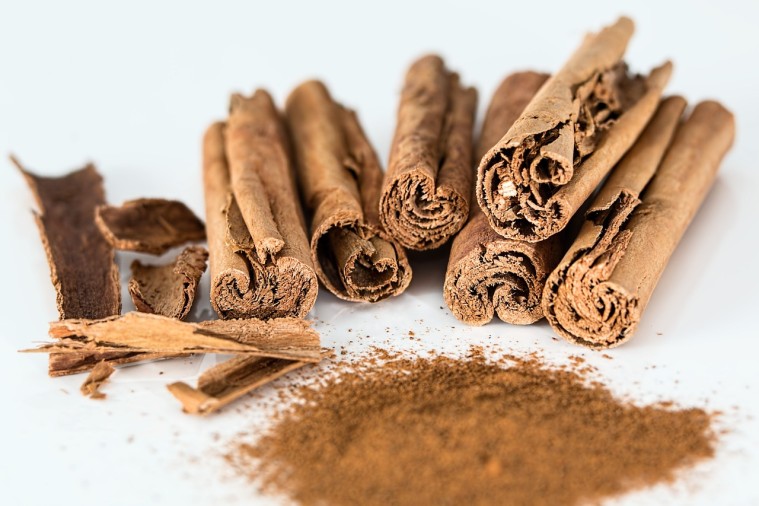
3. Alpha-Lipoic Acid
You’ve probably heard that omega-3 fatty acids are good for you. Well, the plant-based form, alpha-lipoic acid or ALA. should be part of the diabetic diet and supplement plan. In addition to improving insulin sensitivity, this compound works with the pancreas to naturally treat diabetes. It kills free radicals in the body that may cause nerve damage and helps to lower blood sugar levels.
4. Magnesium
As mentioned above, magnesium is an important part of the diabetes diet and supplement plan. In fact, it’s so important, it gets double billing. As one example, a study published in the Journal of Internal Medicine found that an increase of 100 milligrams of magnesium per day decrease the risk of diabetes by 15%. Try a magnesium supplement each day or enjoy some magnesium-rich foods to help lower your risk of type 2 diabetes.
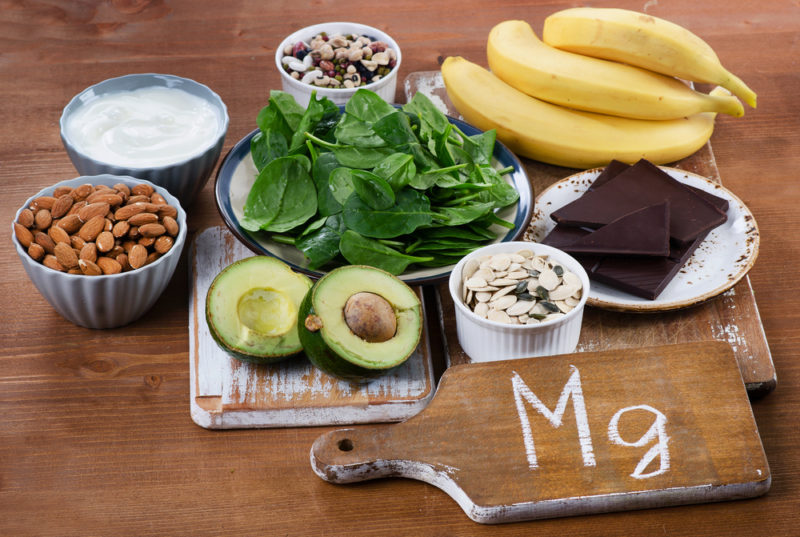
5. Chromium Picolinate
Here’s a little-known nutrient combo that supports your blood sugar levels. But it isn’t exactly a new-comer to the supplement scene. In 1997, a study showed that taking a chromium picolinate supplement can help improve insulin values and cholesterol levels. Today, this supplement is widely know to help with diabetes. Take 200 milligrams of chromium picolinate three times per day with your meals.
6. Inositol
Have you ever heard of inositol? Don’t feel bad if you haven’t. Surprisingly, this common nutrient is prevalent in many foods. But a nutrient-poor diet will quickly show its importance. In fact, a high saturated fat diet that’s also low in inositol promotes weight gain, diabetes, and infertility.
Sources:
NCBI
NCBI
Rodale’s Organic Life
NCBI
Diabetes Action
NCBI


